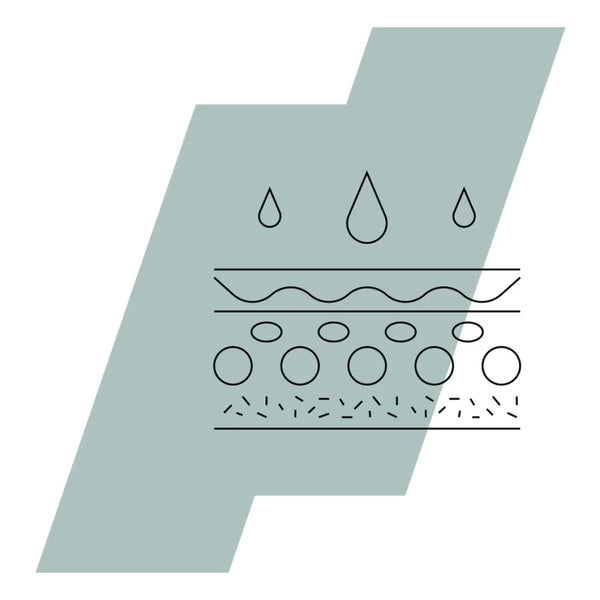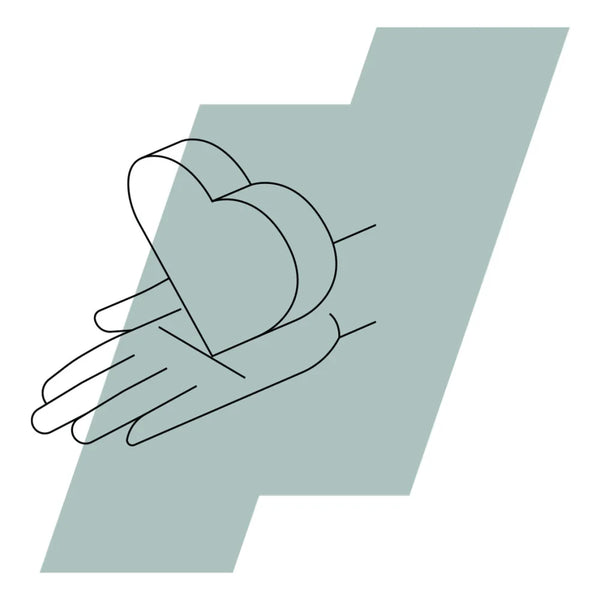Cortisol

Cortisol & Your Skin
Cortisol, or the “stress hormone,” is essential for the body’s proper responses to stress, but it is also critical for skin health. When the adrenal system decreases cortisol production, the body loses water, causing transepidermal water loss (TEWL) and dehydrated skin, which compromises the skin barrier and increases risk of inflammation. With thinner skin, the blood vessels in your under eye area may become more prominent, showing up as dark circles. When cortisol is low, cell turnover is also slow, leading to a dull, congested complexion.
On the other hand, when cortisol is high, your body goes into high-stress mode and disrupts the skin’s normal healing processes. You may notice delayed healing of acne scars and more flare-ups of rosacea and eczema. Similar to testosterone, cortisol keeps the skin fortified with oil (sebum) production, so your skin can glow and defend itself from pollution and sun damage. However, too much oil can trap dead skin cells in the pores, leading to congestion and breakouts.

Cortisol & Your Health
Cortisol may also be influencing the health symptoms you are experiencing. It follows a diurnal rhythm, meaning it is synchronized with the day and night. It is highest when you wake to keep you alert and falls at night to wind you down. While not a medically accepted diagnosis, “adrenal fatigue” has been attributed to chronic stress, which may lead to a consistent underproduction of cortisol. The symptoms are thought to include unexplained weight loss, low energy, and brain fog. The medically accepted term - adrenal insufficiency - describes Addison’s disease, a very rare disorder that occurs when your body doesn't produce enough hormones.
On the flip side, research has shown that cortisol is positively correlated with symptoms of depression and anxiety. If you are experiencing weight gain and a preference for sweeter foods, you may also be feeling the effects of higher cortisol. Studies have also demonstrated that higher cortisol inhibits the growth of hair, so during times of stress, you may lose more hair.
BALANCING INGREDIENTS
Skincare
Our skincare collection contains nature’s most potent botanicals and actives, precisely engineered to target the most common concerns caused by hormonal imbalances. Always endocrine-disruptor free, fragrance-free, and cruelty-free.